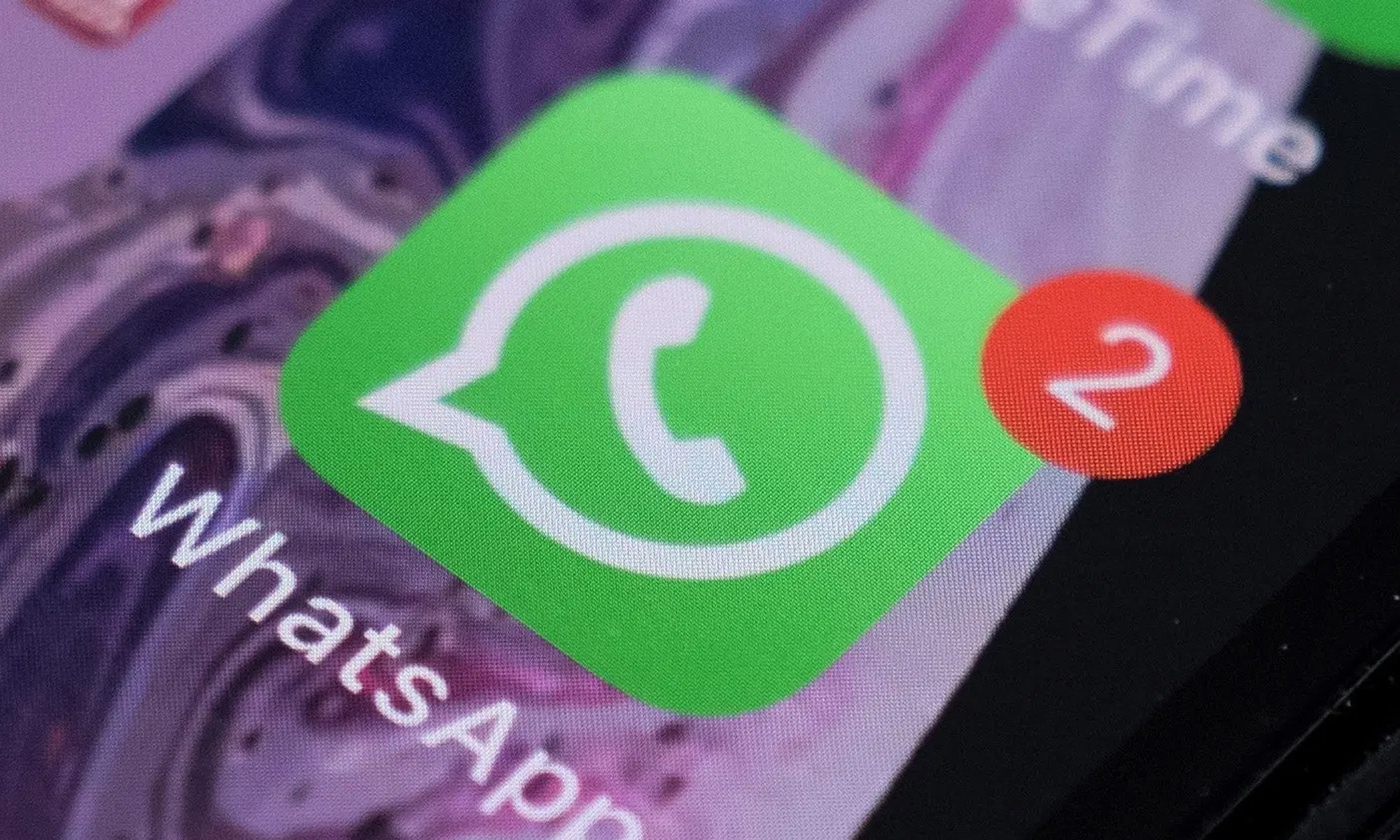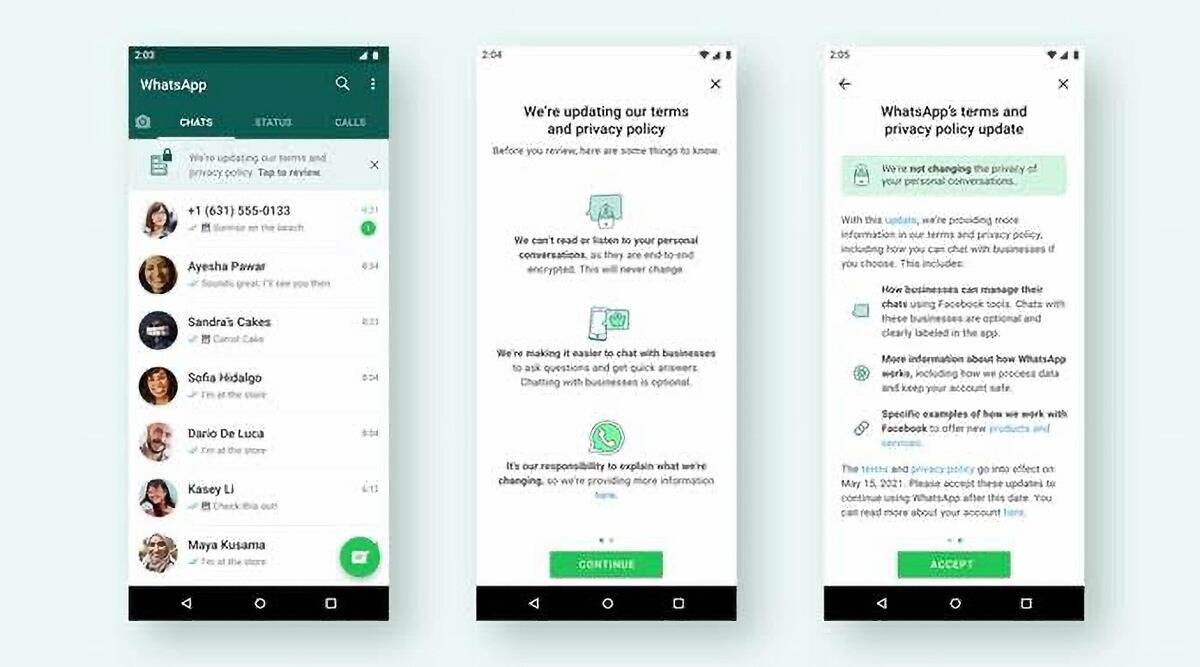News
WhatsApp Decides Not To Limit Users Who Don’t Accept Its New Privacy Policy
It seems that the backlash has been strong enough to make executives at Facebook reconsider their decisions because the latest announcement from the company contradicts the previous one.

This year in February, Facebook-owned WhatsApp stated in an FAQ on its website that users who didn’t accept its new privacy policy by May 15th would lose access to certain features, such as the ability to send or read messages from the app.
The announcement sparked a wave of protests on Facebook, Twitter, and other social media platforms, with some users threatening to leave the messaging and voice-over-IP service app for more privacy-oriented alternatives, such as Signal, Telegram, or Threema.
It seems that the backlash has been strong enough to make executives at Facebook reconsider their decisions because the latest announcement from the company contradicts the previous one.
“Given recent discussions with various authorities and privacy experts, we want to make clear that we will not limit the functionality of how WhatsApp works for those who have not yet accepted the update,” said a WhatsApp spokesperson in a statement to The Verge.

One reason why the new policy caused so much outrage was that many WhatsApp users believed that they would be required to share their phone numbers and other sensitive information with various third parties.
In reality, the policy update affects mainly businesses using the platform to sell their goods and services using the messaging app, allowing them to see what you’re saying and use this information for their own marketing purposes.
“We will continue to remind users from time to time and let them accept the update, including when they choose to use relevant optional features like communicating with a business that is receiving support from Facebook,” the WhatsApp spokesperson added.
The entire rollout of the policy update has been mishandled, to say the least, with WhatsApp seemingly not fully realizing how much more security and privacy-oriented have its users become since the messaging app started sharing user data with Facebook in 2016.
News
Samsung Smart Glasses Teased For January, Software Reveal Imminent
According to Korean sources, the new wearable will launch alongside the Galaxy S25, with the accompanying software platform unveiled this December.

Samsung appears poised to introduce its highly anticipated smart glasses in January 2025, alongside the launch of the Galaxy S25. According to sources in Korea, the company will first reveal the accompanying software platform later this month.
As per a report from Yonhap News, Samsung’s unveiling strategy for the smart glasses echoes its approach with the Galaxy Ring earlier this year. The January showcase won’t constitute a full product launch but will likely feature teaser visuals at the Galaxy S25 event. A more detailed rollout could follow in subsequent months.
Just in: Samsung is set to unveil a prototype of its augmented reality (AR) glasses, currently in development, during the Galaxy S25 Unpacked event early next year, likely in the form of videos or images.
Additionally, prior to revealing the prototype, Samsung plans to introduce…
— Jukanlosreve (@Jukanlosreve) December 3, 2024
The Galaxy Ring, for example, debuted in January via a short presentation during Samsung’s Unpacked event. The full product unveiling came later at MWC in February, and the final release followed in July. Samsung seems to be adopting a similar phased approach with its smart glasses, which are expected to hit the market in the third quarter of 2025.
A Collaborative Software Effort
Samsung’s partnership with Google has played a key role in developing the smart glasses’ software. This collaboration was first announced in February 2023, with the device set to run on an Android-based platform. In July, the companies reiterated their plans to deliver an extended reality (XR) platform by the end of the year. The software specifics for the XR device are expected to be unveiled before the end of December.
Reports suggest that the smart glasses will resemble Ray-Ban Meta smart glasses in functionality. They won’t include a display but will weigh approximately 50 grams, emphasizing a lightweight, user-friendly design.
Feature Set And Compatibility
The glasses are rumored to integrate Google’s Gemini technology, alongside features like gesture recognition and potential payment capabilities. Samsung aims to create a seamless user experience by integrating the glasses with its broader Galaxy ecosystem, starting with the Galaxy S25, slated for release on January 22.


























